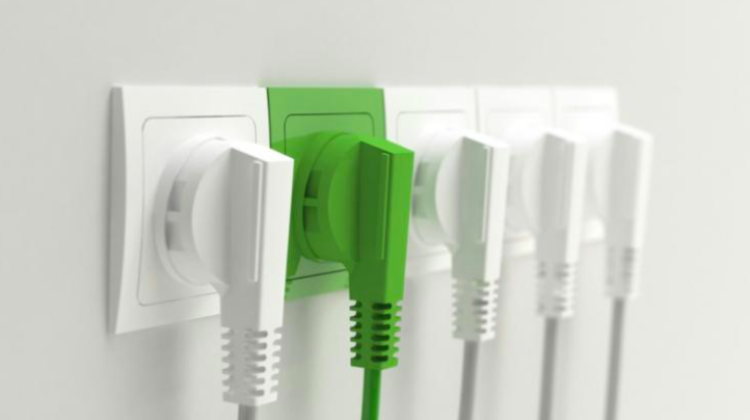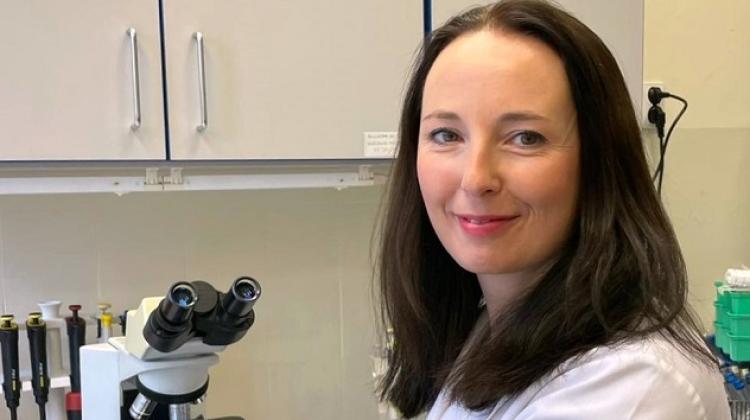Szczecin/ Launch of the renewable energy sources laboratory
 Photo: Fotolia
Photo: Fotolia
Renewable Energy Sources Laboratory has been launched at the West Pomeranian University of Technology in Szczecin. It will enable research into ecological ways of generating heat and energy.
The laboratory has two micro-cogeneration modules that produce electricity and heat. The first of them uses fuel cell technology, allowing to generate electricity in the process of chemical reaction of hydrogen from natural gas reforming with atmospheric air. In the second system, the basic component is an external combustion Stirling engine. The heat generated by the combustion of natural gas is converted into electricity.
"These modern solutions are rare in Poland. The fuel cell and Stirling engine are two systems for home use, and natural gas processing is one of the cleanest forms of generating electricity" - says the originator of the laboratory, Dr. Adam Koniuszy. He adds that it is one of the most efficient energy generation labs in Poland.
The Renewable Energy Sources Laboratory has been established at the Faculty of Environmental Management and Agriculture of the West Pomeranian University of Technology in Szczecin, mainly for didactic purposes.
"It is intended primarily for environmental education of university students, but it will also be available to high school students and people interested in renewable energy sources. We also see the need for low-emission technologies, if only because of the smog problem in Poland" - says Adam Koniuszy. He adds that the laboratory is also equipped with a furnace with an innovative biomass burning system. It uses a combustion system, in which the process of biomass gasification occurs first, followed by combustion of the resulting gas in the furnace chamber. "This solution ensures low dust emission and contributes to smog reduction" - emphasises Koniuszy.
According to the originator of the project, the solutions in the laboratory are still quite expensive, but "they are gaining popularity", so in a few years "they will most probably become a standard in households".
Research and teaching installation for the production of advanced third generation biofuels has been created as part of the project. The station allows for the production of microalgae biomass. Its components, mainly oils that are biofuel precursors, can replace conventional energy carriers.
"We have already done some work on biodiesel preparation. The biomass obtained from microalgae is perfectly suited for this purpose. We are working on optimising processes to increase the production of biomass and biofuel components and make it economically viable" - says Dr. Małgorzata Hawrot-Paw from the Department of Agricultural Engineering Systems.
The laboratory was co-financed by the Regional Fund for Environmental Protection and Water Management in Szczecin, and some of the equipment was purchased thanks to sponsors` donations. According to the project coordinators, courses, trainings and workshops for schoolchildren and teachers as well as members of energy clusters, installers and fitters of RES equipment will be conducted as part of the of Renewable Energy Sources Laboratory. (PAP)
author: Elżbieta Bielecka
emb/ agt/ kap/
tr. RL
Przed dodaniem komentarza prosimy o zapoznanie z Regulaminem forum serwisu Nauka w Polsce.














